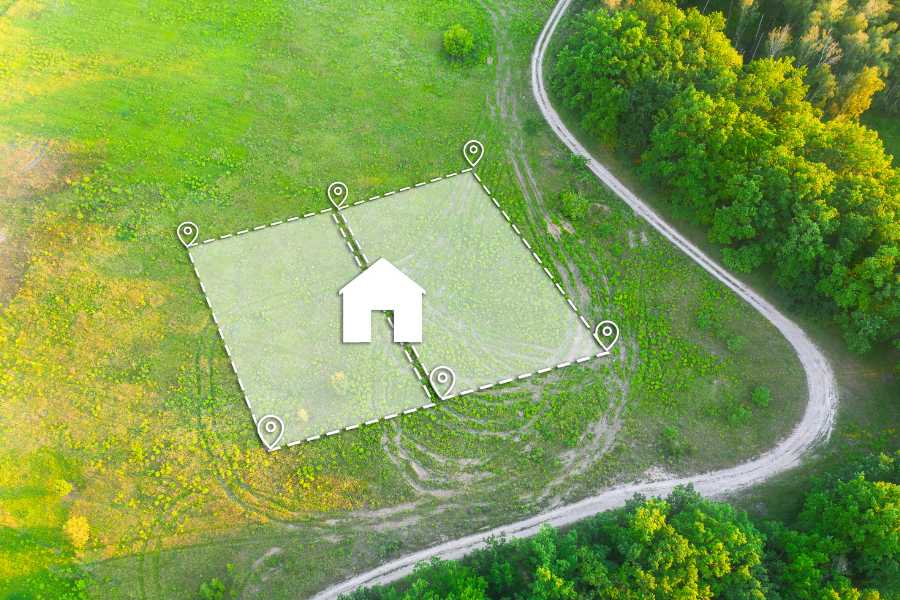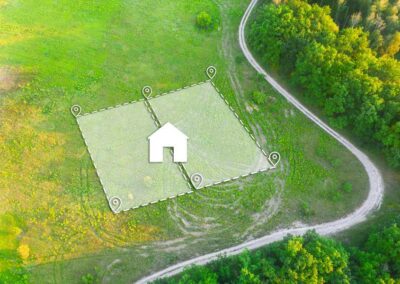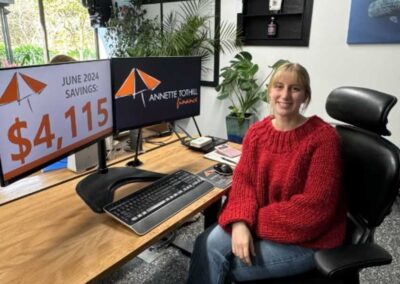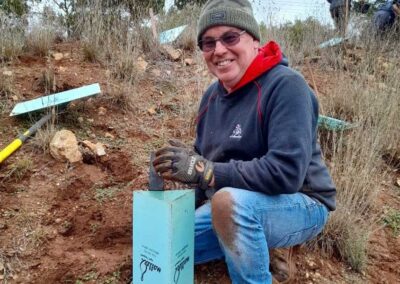
Buying Land and What To Consider
Buying land to build your dream home in Adelaide is an exciting but complex journey. It can be daunting to navigate all the factors involved, from budget considerations to finding the perfect block in the right location. However, with careful planning and a good understanding of what you need to look for, you can make a smart decision and secure a block of land that suits your lifestyle and future aspirations. Here’s a comprehensive guide to help you through the process.
Start with Your Budget
Before you start looking for land, it’s crucial to have a firm understanding of your budget. Many people focus on the price of the land, but it’s essential to consider the total cost of building, including things like landscaping, fencing, retaining walls, and even rainwater tanks. These additional expenses can add up quickly, so it’s important to include them in your overall budget.
Spend time researching land prices in the areas that interest you, and also look into the costs associated with building. The more informed you are, the better equipped you’ll be to find a piece of land that fits within your budget while allowing you to build the home you’ve always dreamed of.
Find the Right Land Before Designing Your Home
One mistake that many people make is designing their dream home before they’ve found a suitable block of land. While it’s great to have a vision of what you want your home to look like, it’s more important to secure the right block of land first. Why? Because the land you purchase plays a significant role in determining the value of your property in the long term.
Capital growth is often driven by the location and size of the land, whereas houses tend to depreciate over time. Choose a block that fits your future needs and one that offers the potential for value growth, even if it means making compromises on your initial house plans. Remember, you can always expand or modify your home in the future, but you can’t change the size or location of your land.
Location Matters
You’ve probably heard the saying, “location, location, location,” and for good reason. The area in which you buy land will significantly impact your lifestyle and the future value of your investment. Whether you’re looking for land in an established neighbourhood or a new development, take the time to investigate the area thoroughly.
Consider the proximity to parks, schools, shopping centres, and public transport. If you’re looking at a new development, research the developer’s track record and the amenities they’re planning to offer. Make sure you choose a location where you and your family will feel comfortable and safe, and that has the potential for growth in the future.
Block Size and Shape
When buying land, size does matter – but it’s not just about having a big block. You need to consider how the size and shape of the block will accommodate your home, outdoor living spaces, and lifestyle needs. Think about how much yard space you want, whether you need room for a pool or a shed, and how much maintenance you’re willing to take on.
Larger blocks give you more flexibility, especially if you’re planning to extend your home in the future. However, bigger isn’t always better, especially if it stretches your budget. Think about what you really need now and what you might want down the track. A well-chosen block can meet both your current and future needs without breaking the bank.
Dealing with Sloping Sites
Sloping blocks can be a great opportunity or a potential challenge, depending on how you approach them. Many people shy away from sloping sites because they assume the costs of building will be higher. However, in some cases, embracing the slope and building a home that works with the natural contours of the land can be just as cost-effective as flattening the site.
Sloping blocks are more common in outer suburban or country areas, and they often come with stunning views or a unique sense of character. Don’t discount a sloping block without fully investigating your options. Talk to builders who have experience working with these types of sites to get a better idea of how to approach the design and construction process.
Soil Quality
The soil on your block of land plays an important role in the construction of your home. A soil report, which is mandatory for new builds, will help determine the stability of the land and whether any special foundation work will be required. If the soil is unstable, the cost of building may increase due to the need for deeper footings or a different type of foundation.
Make sure you get a soil report early in the process, so you can budget for any additional expenses. It’s better to know about these costs upfront than to be hit with unexpected bills during construction.
Consider Existing Trees
Trees can add beauty, shade, and a sense of tranquillity to your land, but they can also present challenges when building. If your block has protected trees, you may need to obtain council approval before removing or altering them. While some trees might need to be removed to make way for your home, others can be worked into your design to create a more harmonious and sustainable living environment.
Talk to your builder about how to incorporate existing trees into your house plans. With the right approach, you can maintain the natural beauty of the land while building your dream home.
Services and Amenities
Before you purchase land, check what services are available in the area. In some new developments or rural areas, you may need to cover the costs of connecting utilities like water, electricity, and sewerage. These costs can vary depending on the location and whether any additional infrastructure is required.
Make sure you factor these costs into your budget and do your research on what services are available. The last thing you want is to be surprised by hefty connection fees after you’ve already purchased the land.
Choosing the Right Developer
If you’re buying in a new development, it’s important to research the developer’s past projects. Look into the quality of their previous work and the types of communities they’ve built. Are they committed to creating neighbourhoods with good infrastructure, parks, and community facilities? A well-established developer with a strong track record will give you more confidence in your investment.
By taking the time to thoroughly assess all these factors, you can make an informed decision and find the perfect block of land for your future home. Investing in the right land now can lead to long-term satisfaction and value growth.

Need some Advice about loans?
A mortgage broker can help you find the right loan and secure the finance that’s most suitable for you. It will also ensure you avoid making mistakes.
Any questions about this blog or questions regarding loans, contact Annette Tothill on 0420 973 551.


Buying Land and What To Consider

Understanding Construction Loans

Young Professionals in the Workplace

Planting Trees in Adelaide: Why Natives are the Way to Go

First Home Guarantee – Benefits

Digital Applications versus Face to Face

Get Ready for Tax time

